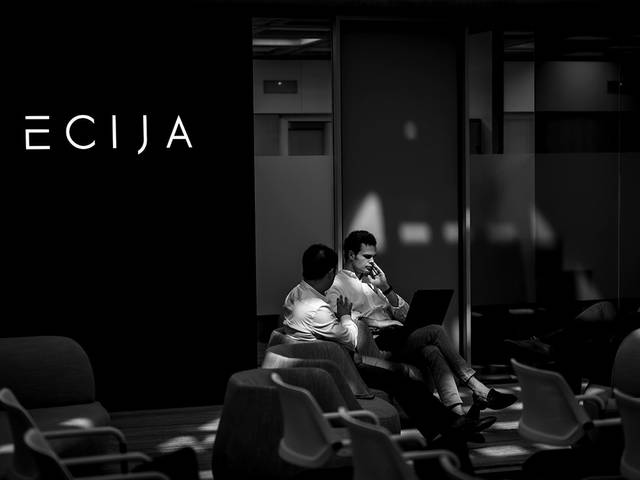Leading firm in the digital economy
Law firm of the year in Europe and Iberia
Most innovative law firm in Europe
Spanish firm with the largest presence in iberoamerica
- Market Recognitions
37
Offices
+220
Partners
18
Countries
1400
Professionals
Capabilities

A global team
We have lawyers and specialists globally with outstanding expertise and industry knowledge. Trusted, experienced, and forward-thinking – get to know our lawyers and leaders.
Global coverage
With offices spanning across 18 countries and a seamlessly integrated network, we deliver trusted support across every market to help you achieve your ambitions.

Barcelona
Go to office page
Barranquilla
Go to office page
Bogotá
Go to office page
Braga
Go to office page
Buenos Aires
Go to office page
Canary Islands
Go to office page
Cuenca
Go to office page
Guanacaste
Go to office page
Guatemala City
Go to office page
Guayaquil
Go to office page
Lisbon
Go to office page
Madrid
Go to office page
Managua
Go to office page
Manta
Go to office page
Mexico City
Go to office page
Montevideo
Go to office page
Oporto
Go to office page
Pamplona
Go to office page
Panama City
Go to office page
Quito
Go to office page
Río de Janeiro
Go to office page
San José
Go to office page
San Juan
Go to office page
San Pedro Sula
Go to office page
San Salvador
Go to office page
Santiago de Chile
Go to office page
Santo Domingo
Go to office page
Sevilla
Go to office page
Tegucigalpa
Go to office page
Valencia
Go to office page
Vitoria
Go to office page



